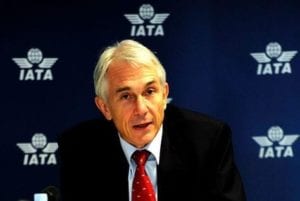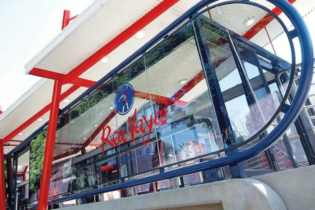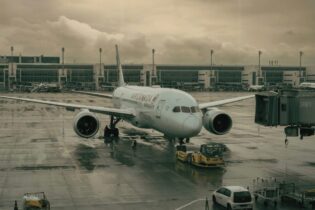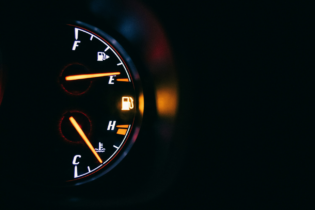The air cargo industry needs to transition to paperless freight processes, focus on global handling standards for pharmaceutical freight, and ensure the continued safe transportation of lithium batteries, says the International Air Transport Association (IATA).
According to IATA, the transition to paperless freight finally saw lift-off in 2014, as the industry exceeded 24% global e-Air Waybill (e-AWB) penetration. “We still have work to do to help businesses transition, but there has been a big change in the mentality of the industry,” says Tony Tyler, IATA’s Director General and CEO. “We can now look ahead and plan for the digitisation of other air cargo documents, through a collaborative industry approach.” The industry is aiming to achieve 45% e-AWB penetration in 2015 and 80% in the following year.Global handling standards for pharmaceutical goods will be an essential step towards air cargo improving its share of the reported $60 billion a year pharma logistics market. IATA says the industry needs to meet customer demands for the integrity of their goods while complying with increasing amounts of regulation from global authorities. “If these expectations are not met, air cargo risks losing the opportunity presented by this huge market. Modal competitors to air are working hard to win this business.”
The continued safe transportation of lithium batteries remains a key concern for the air cargo industry. IATA says robust regulations and guidance exist, but these are not being fully adhered to by all shippers. “Regulators need to step up. The industry is doing what it can, but without oversight, surveillance and where necessary, enforcement, compliance at the source of the shipment will be limited,” Tyler concludes.





